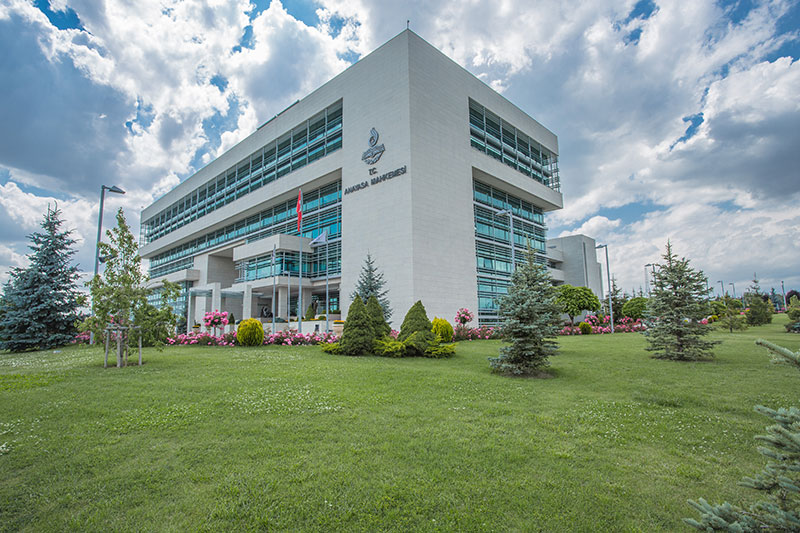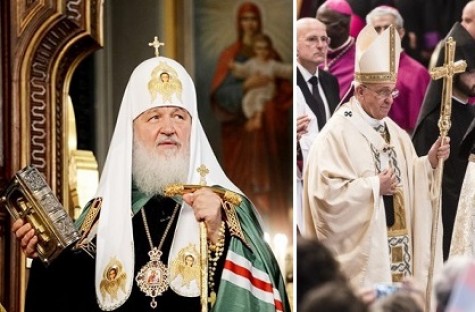The US Congress and Appointment of Ambassadors The ministers and high status officials appointed by the US President must be approved by the US Congress. The approval procedure is that a hearing takes place in the concerning commission of the Congress where the President appointee answers the questions of the Senators which will be followed by a voting. The decision of the commission must be accepted by the full Senate. However, each senator could place a hold on this matter. In other words, if a senator rejects an appointment, that appointment cannot take place. In order to slightly reduce the serious drawbacks of this system, the President has temporarily been granted the right to appoint ambassadors when the Congress is not in session. Ambassadors appointed through this system called “recess appointee” must receive the approval of the Congress within one year. Recently in the US, extremist Armenian organizations with the Dashnaks being at the forefront, are attempting to interfere through the senators who support them in the appointment of ambassadors to Turkey, Azerbaijan and Armenia. The purpose of this is for ambassadors who support Armenian views to be appointed to these countries or those not openly supporting Armenian views to be prevented. In fact, some years earlier the appointment of the US ambassador to Armenia was not approved because he had refrained from describing the 1915 events as genocide. This took place with the veto of Democrat Senator Robert Menendez who is the primary defender of Armenian interests. The Congress ‘s approval of US ambassadors appointed to Azerbaijan, Turkey and Armenia has still not taken place due to issues concerning the Armenian genocide allegations and the Karabakh conflict. Among these ambassadors, we will only address the situation of Francis Ricciardone, “recess appointee” to Ankara. Ricciardone was appointed to Ankara last year by the President. During the hearing, Delaware Senator Chris Coons accused Ricciardone of an issue not related to Turkey and for having close cooperation with Hüsnü Mübarek and his government while he was Ambassador in Egypt in 2005-2008. Because of Senator Coons’s opposition, Ricciardone’s appointment to Ankara was not approved. However, at a time when the Senate was not in session, President Obama sent him to Ankara and after presenting his letter of credence to President Gül, Ricciardone started his term. Since a year had passed, a congressional hearing in which he replied to many questions on Turkey was held on 2 August 2011 in the Senate Committee on Foreign Relations. We will only address the ones concerning the Armenian question. As expected, these questions were essentially posed by Senator Robert Menendez. In response to his question of “from your view has the United States ever denied the fact that there was an Armenian Genocide?”, Ricciardone has said “I stand behind President Obama characterization of the Metz Yeghern, as the Armenians themselves call it, the tragic murder of a million and half men, women and children in 1915”. This way, just as the other US Ambassadors confronted with this question, Ricciardone has also responded by referring to the terms President Obama used in his 24 April message. For not using the term genocide, this response has not satisfied the pro-Armenian senators, but since an ambassador cannot express differing views from the President on a foreign affairs issue, it also has not been possible to criticize him for his response. Meanwhile, since Metz Yegern means genocide in Armenian, we should repeat that it is without doubt that the US Ambassador, just like President Obama, classifies the 1915 events as genocide. In the Senate Committee on Foreign Relations, apart from oral questions, written ones are also posed to the Ambassadors. Menendez himself has posed the following question: “The best of your knowledge, approximately how many of the more than 2000 Christian churches functioning prior to 1915 on the territory of present-day Turkey are still operating today?” In his written response, Ricciardone has expressed that “most of the Christian churches functioning prior to 1915 are still operating as churches. Some churches of significance operate as museums. The remaining have fallen into disrepair or were converted to mosques for lack of use". Ricciardone’s words that “most of the Christian churches functioning prior to 1915 are still operating as churches” have created great objections and criticisms among Armenian circles in the US. In the Armenian press, news have been published that Ricciardone has clearly disqualified himself from servicing as US Ambassador and that the senators should not approve his appointment to prevent him from doing any more harm to US national interests. Chairman Ken Hachikian of the Armenian National Committee of America (ANCA), which is a Dashnak organization, has sent a letter to Minister of Foreign Affairs Hillary Clinton in which he has expressed that they have been troubled by Ricciardone’s eagerness to embrace the government of Turkey’s false and hateful genocide denial narrative at lengths beyond even the Administration’s longstanding and shameful complicity in Turkey’s denials of the Armenian genocide and has requested the following: 1. an official statement by Ambassador Ricciardone and the Department of State retracting his response to the question from Senator Menendez, 2. a full and formal correction affirming that the vast majority of Christian churches on the territory of present-day Turkey were desecrated, destroyed or stolen by the Ottoman and Republican Turkish governments, and that any surviving churches and all religious properties should be returned to their rightful Armenian, Greek, Assyrian, Syriac, Pontian and other Christian church and lay ownerships, 3. an apology from Ambassador Ricciardone. The three Armenian Archbishops in the US, Oshagan Choloyan, Khajag Barsamian and Moushegh Mardirossian have criticez Ricciardone for his words either by issuing a declaration or sending a letter to Foreign Affairs Minister Hillary Clinton. Because of this campaign, Ricciardone and therefore the US State Department were obliged to make a retreat from the prevision position. By expressing that he would appreciate the opportunity to clarify the record, Ricciardone’s corrected text of his written reply should read as follows. “Most of the Christian churches functioning prior to 1915 are no longer operating as churches. Christian community contacts in Turkey report that a total of 200-250 churches that date to 1915 and before offer Christian worship services at least once a year. Many churches do not offer services every week due to insufficient clergy or local Christian populations. Some churches of significance operate as museums; others have been converted into mosques or put to other uses. Still others have fallen into disrepair or may have been totally destroyed”. Although this response fulfills most of the Armenian requests, it has not fully satisfied the Armenian circles, but a decrease in criticisms has been observed. Since the Senate is in recess, what the reactions of the Senators will be is unknown for the time being. Although normally Ricciardone’s appointment as ambassador should be approved, the opposite could also happen and he could return to his country.
© 2009-2025 Center for Eurasian Studies (AVİM) All Rights Reserved
 GREEK INDEPENDENCE DAY AND THE PREVAILING DOUBLE STANDARD OF THE WEST
GREEK INDEPENDENCE DAY AND THE PREVAILING DOUBLE STANDARD OF THE WEST
 THE ARMENIAN CATHOLICOSATE OF CILICIA’S APPLICATION TO THE CONSTITUTIONAL COURT OF TURKEY
THE ARMENIAN CATHOLICOSATE OF CILICIA’S APPLICATION TO THE CONSTITUTIONAL COURT OF TURKEY
 MACRON'S UNDERSTANDING OF FREEDOM OF EXPRESSION: EVERYONE HAS THE RIGHT OF FREEDOM OF EXPRESSION, BUT SOME HAVE IT MORE THAN OTHERS
MACRON'S UNDERSTANDING OF FREEDOM OF EXPRESSION: EVERYONE HAS THE RIGHT OF FREEDOM OF EXPRESSION, BUT SOME HAVE IT MORE THAN OTHERS
 POPE FRANCIS SHOULD HEED PATRIARCH KIRILL’S REMARKS
POPE FRANCIS SHOULD HEED PATRIARCH KIRILL’S REMARKS
 ARMENIAN ALLEGATIONS DO NOT HOLD WATER BEFORE JUDICIARY
ARMENIAN ALLEGATIONS DO NOT HOLD WATER BEFORE JUDICIARY




























